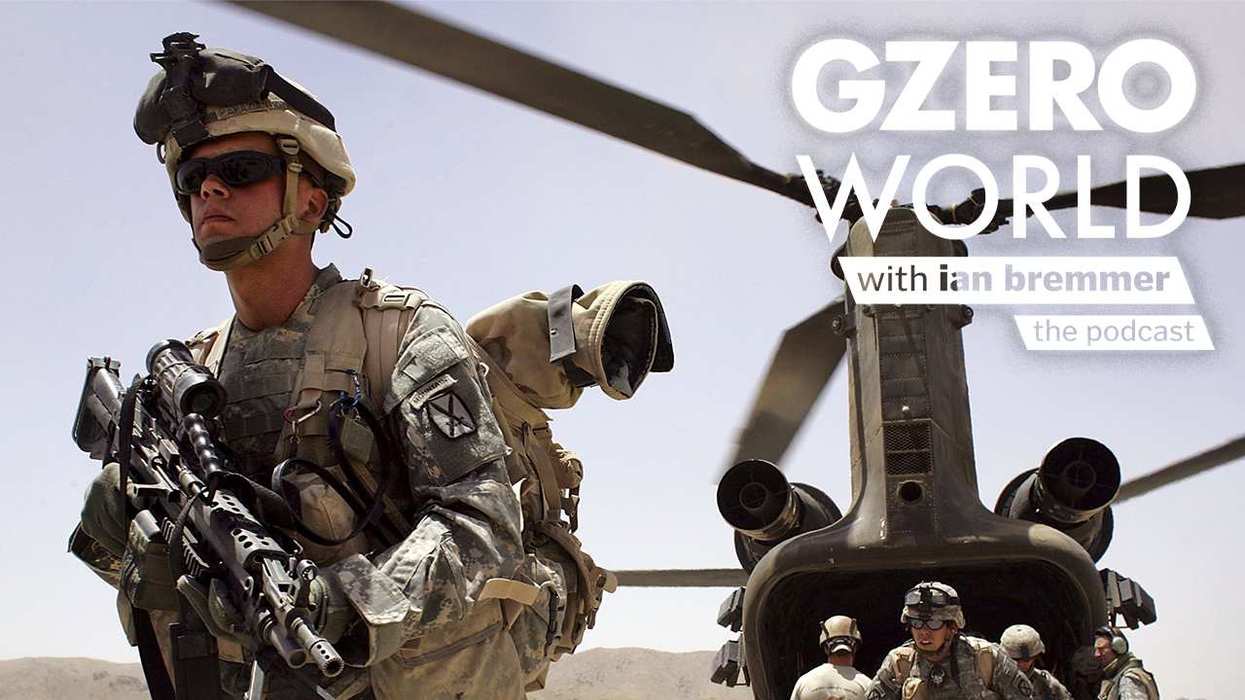Israeli Prime Minister Benjamin Netanyahu has thrown cold water on rising calls for a cease-fire deal with Hamas, despite facing mass protests in the wake of the killings of six Oct. 7 hostages in Gaza. “No one is more committed to freeing the hostages than me. But no one will preach to me,” Netanyahu said on Monday.
Netanyahu also said that Israel would not give up control of the Philadelphi corridor, a narrow strip of land along the Egypt-Gaza border that was created as a demilitarized zone via the Camp David Accords between Israel and Egypt in 1979. The Philadelphi corridor — which was seized by Israel in May, to Egypt’s dismay — has emerged as a major sticking point in truce talks.
Netanyahu insists that Israel must remain in the Philadelphi corridor to prevent Hamas from using it for arms smuggling. Meanwhile, Hamas says there will be no cease-fire if Israeli forces remain in the corridor.
Benny Gantz, head of the National Unity party and a top rival of the prime minister, on Tuesday pushed back against Netanyahu’s assertion that the Philadelphi corridor posed an existential threat to Israel. Gantz also accused Netanyahu of putting his own interests before Israel’s, an allegation that the Israeli leader has increasingly faced throughout the war in Gaza.
The far-right flank of Netanyahu’s flimsy coalition has threatened to collapse the government if a cease-fire agreement is reached. Critics of Netanyahu, like Opposition Leader Yair Lapid, say he’s standing in the way of a deal to remain in power.
As he faces increasing pressure to bring the hostages home, we’ll be watching to see if Netanyahu is willing to shift on issues like the Philadelphi corridor in the days ahead.



















